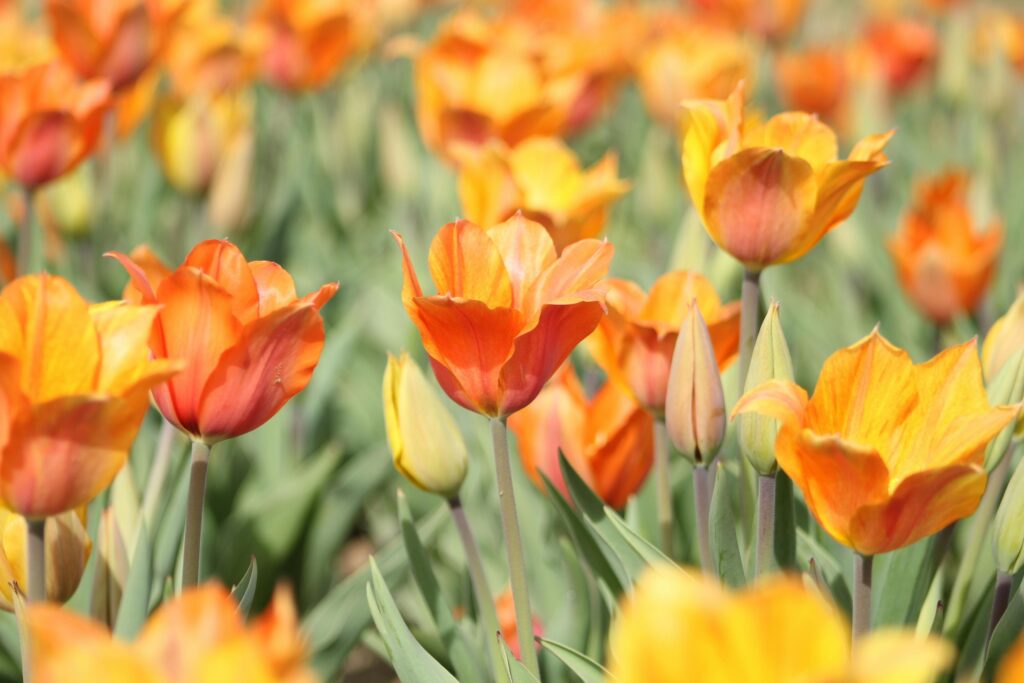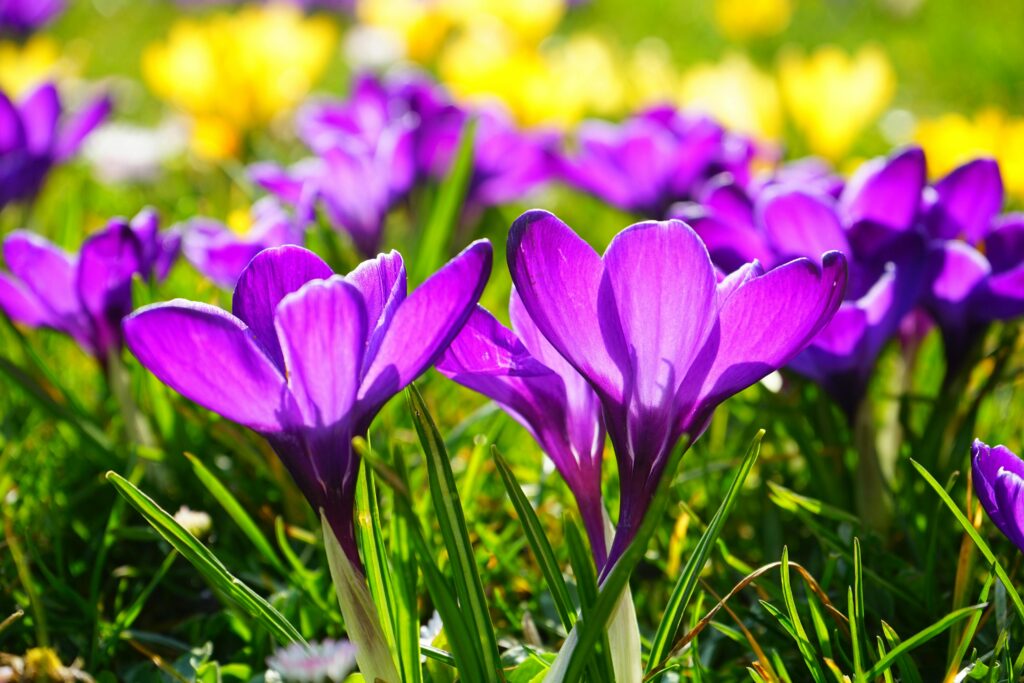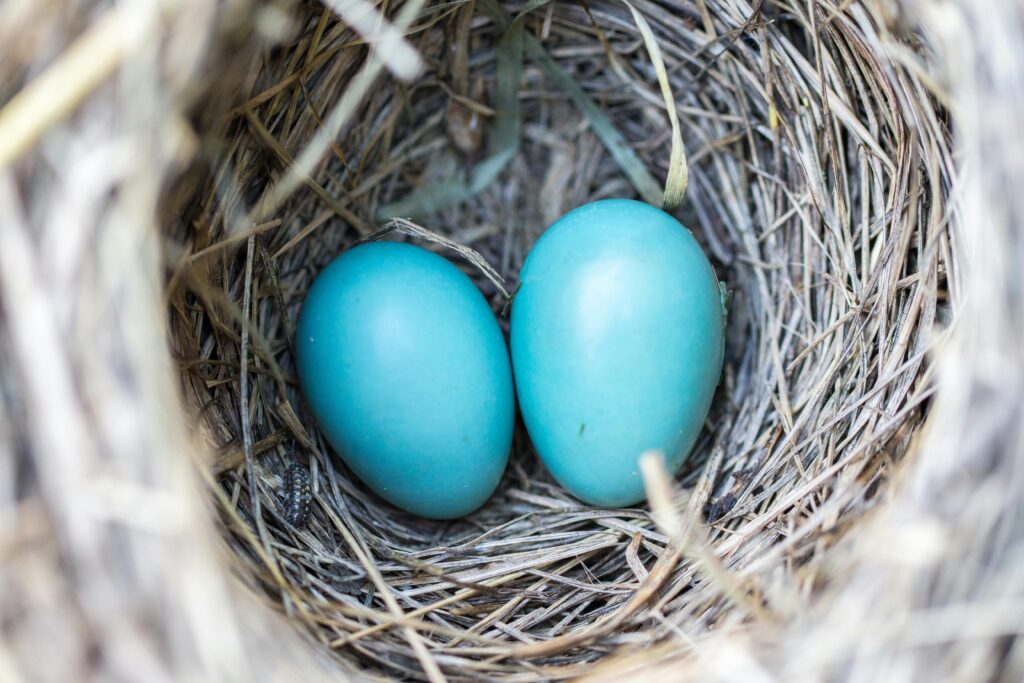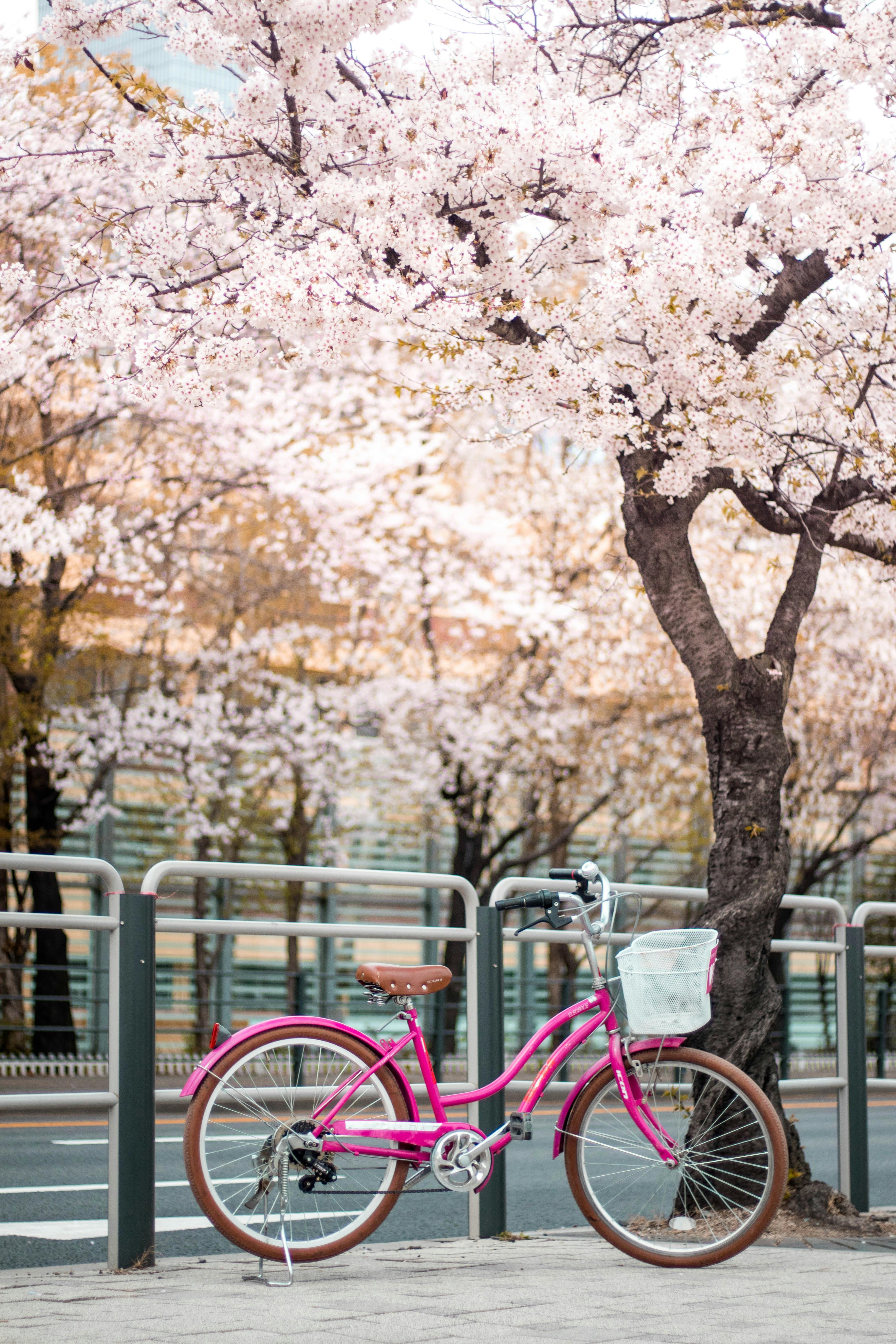Women’s History Month is an annual observance to highlight the contributions of women to events in history and contemporary society.
Meaningful ways you can celebrate Women’s History Month
- Take in tours and exhibitions. …
- Host a book club. …
- Create social media content. …
- Plan a movie night. …
- Listen to TED Talks. …
- Donate funds. …
- Encourage young women. …
- Volunteer your time.
What is the purpose of women’s month?
Women’s Month celebrates the important roles that women play. It’s time to honor and appreciate their contributions to their families and society in general.
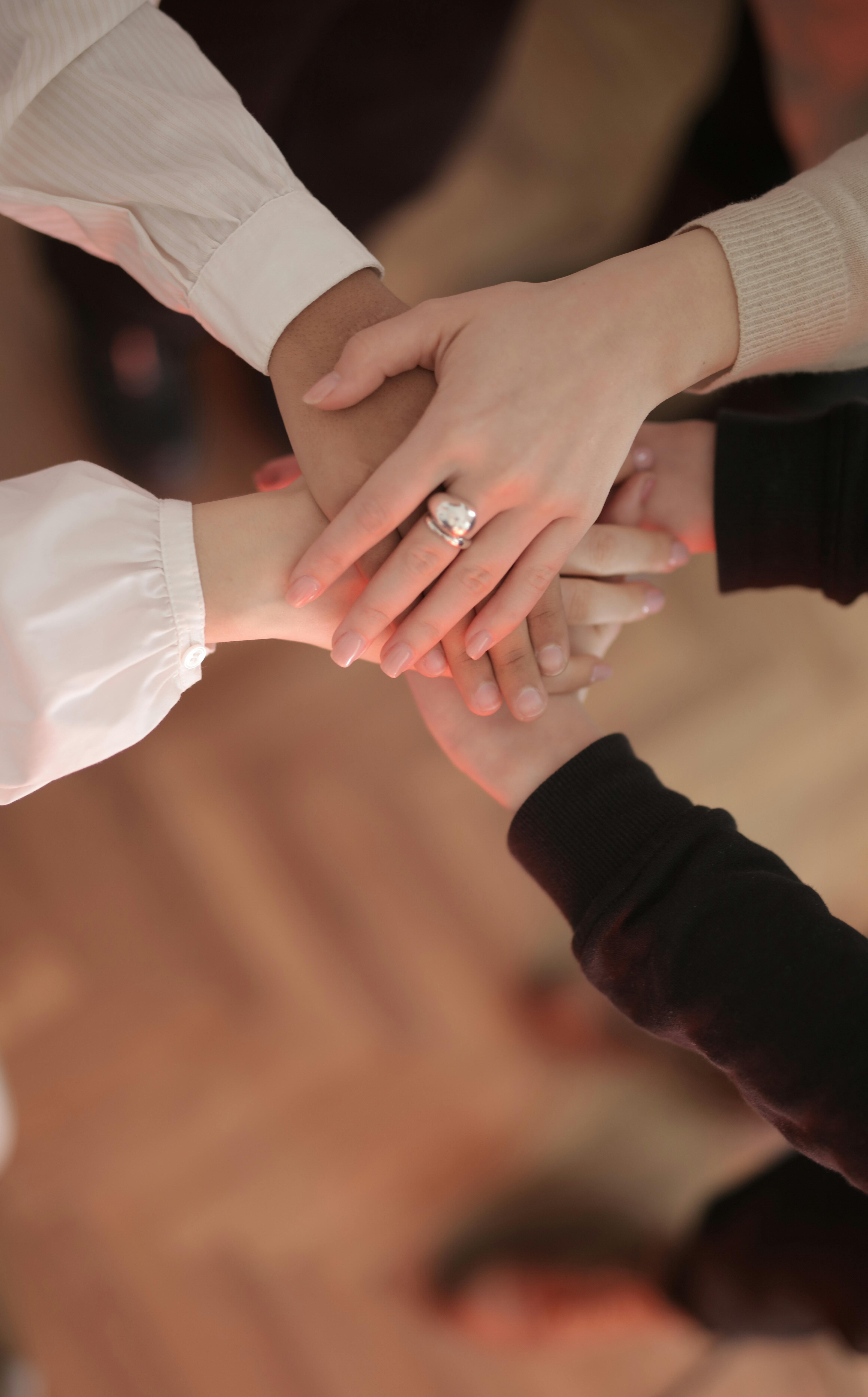
Ada Lovelace 1815-1852
Augusta Ada King, Countess of Lovelace was an English mathematician and writer, chiefly known for her work on Charles Babbage’s proposed mechanical general-purpose computer, the Analytical Engine. She was the first to recognise that the machine had applications beyond pure calculation.
Marie Curie 1867-1934
Maria Salomea Skłodowska-Curie, known simply as Marie Curie, was a Polish and naturalised-French physicist and chemist who conducted pioneering research on radioactivity.
Amelia Earhart 1897-1937
Amelia Mary Earhart was an American aviation pioneer and writer. Earhart was the first female aviator to fly solo across the Atlantic Ocean.
Rosa Parks 1913-2005
Rosa Louise McCauley Parks was an American activist in the civil rights movement best known for her pivotal role in the Montgomery bus boycott. The United States Congress has honored her as “the first lady of civil rights” and “the mother of the freedom movement”.
Rosalind Franklin 1920-1958
Rosalind Elsie Franklin was a British chemist and X-ray crystallographer whose work was central to the understanding of the molecular structures of DNA, RNA, viruses, coal, and graphite.
Florence Nightingale 1820-1910
Florence Nightingale OM RRC DStJ was an English social reformer, statistician and the founder of modern nursing. Nightingale came to prominence while serving as a manager and trainer of nurses during the Crimean War, in which she organised care for wounded soldiers at Constantinople.
Jane Austen 1775-1817
Jane Austen was an English novelist known primarily for her six novels, which implicitly interpret, critique, and comment upon the British landed gentry at the end of the 18th century. Austen’s plots often explore the dependence of women on marriage for the pursuit of favourable social standing and economic security.
Hedy Lamarr 1914-2000
Hedy Lamarr was an Austro-Hungarian-born American actress and technology inventor. She was a film star during Hollywood’s Golden Age.
Maya Angelou 1928-2014
Maya Angelou was an American memoirist, poet, and civil rights activist. She published seven autobiographies, three books of essays, several books of poetry, and is credited with a list of plays, movies, and television shows spanning over 50 years. She received dozens of awards and more than 50 honorary degrees.
Harriet Tubman 1820-1913
arriet Tubman was an American abolitionist and social activist. After escaping slavery, Tubman made some 13 missions to rescue approximately 70 enslaved people, including her family and friends, using the network of antislavery activists and safe houses known collectively as the Underground Railroad.
Margaret Thatcher 1925-2013
Margaret Hilda Thatcher, Baroness Thatcher, LG, OM, DStJ, PC, FRS, HonFRSC, was a British stateswoman and Conservative politician who served as Prime Minister of the United Kingdom from 1979 to 1990 and Leader of the Conservative Party from 1975 to 1990.
Sally Ride 1951-2012
Sally Kristen Ride was an American astronaut and physicist. Born in Los Angeles, she joined NASA in 1978, and in 1983 became the first American woman and the third woman to fly in space, after cosmonauts Valentina Tereshkova in 1963 and Svetlana Savitskaya in 1982.
Anne Frank 1929-1945
Annelies Marie Frank was a German-born Jewish girl who kept a diary in which she documented life in hiding under Nazi persecution during the German occupation of the Netherlands. She is a celebrated diarist who described everyday life from her family hiding place in an Amsterdam attic.
Eleanor Roosevelt 1884-1962
When her husband FDR took office, Eleanor didn’t just stand by—she dramatically changed the role of the first lady.
Emmeline Pankhurst 1858-1928
Emmeline Pankhurst was an English political activist who organised the British suffragette movement and helped women win the right to vote.
Frida Kahlo 1907-1954
Magdalena Carmen Frida Kahlo y Calderón was a Mexican painter known for her many portraits, self-portraits, and works inspired by the nature and artifacts of Mexico.
Grace Hopper 1906-1992
Grace Brewster Hopper was an American computer scientist, mathematician, and United States Navy rear admiral. One of the first programmers of the Harvard Mark I computer, she was a pioneer of computer programming.
Katherine Johnson 1918-2020
Creola Katherine Johnson was an American mathematician whose calculations of orbital mechanics as a NASA employee were critical to the success of the first and subsequent U.S. crewed spaceflights.
Malala Yousafzai
Malala Yousafzai is a Pakistani female education activist and the 2014 Nobel Peace Prize laureate at the age of 17. She is the world’s youngest Nobel Prize laureate, the second Pakistani and the first Pashtun to receive a Nobel Prize.
Mother Teresa 1910-1997
Mary Teresa Bojaxhiu MC, better known as Mother Teresa, was an Albanian-Indian Catholic nun and the founder of the Missionaries of Charity. Born in Skopje, then part of the Ottoman Empire, at the age of 18 she moved to Ireland and later to India, where she lived most of her life.
Katharine Graham 1917-2001
Katharine Meyer Graham was an American newspaper publisher. She led her family’s newspaper, The Washington Post, from 1963 to 1991. Graham presided over the paper as it reported on the Watergate scandal, which eventually led to the resignation of President Richard Nixon.
